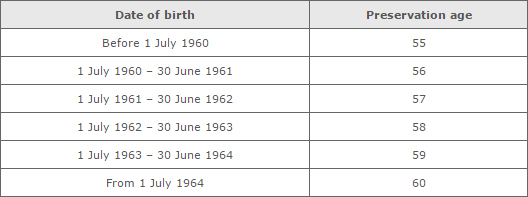Shares, Property or Managed Funds
Shares are easily traded, which makes them a flexible investment. However, with the potential for high returns comes higher risk. The value of shares can fluctuate significantly, so they should be monitored. They generally are suited to longer-term investing.
You can invest in property in two ways.
Property is typically best suited to investors who plan to keep their investment for more than five years.
A managed fund pools the money of many individual investors. This money is then professionally managed according to the investment objective of each fund. By investing in a managed fund and pooling your money with other investors, you can take advantage of investment opportunities that you may not be able to access as an individual investor.
When you invest in a managed fund, you are allocated a number of ‘units’ based on the entry unit price at the time you invest. Your units represent the value of your investment, which will change over time as the market value of the assets in the fund rises or falls.
It is lilkely that a mix of all three of the above asset classes would be used to represent your investment objectives and align with your risk profile. A PGFS Financial Advisor can asssist in determining the appropriate weighting of each asset class.


